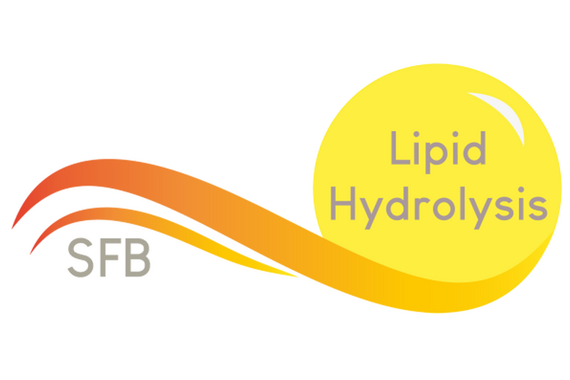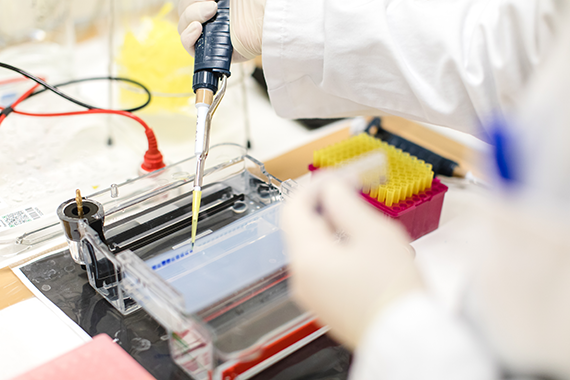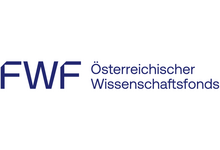Fettstoffwechsel

Untersuchung der Funktion von Lipidhydrolasen.

Since lipid hydrolases are key enzymes in all living organisms, their dysfunction can lead to widespread diseases such as obesity, type 2 diabetes, non-alcoholic fatty liver and cancer, which pose a serious challenge to the health care system. Many of these enzymes are unknown. Researchers of the special research program "SFB LIPID HYDROLYSIS" coordinated by the Med Uni Graz, aim to identify and characterize lipid hydrolases to better understand their involvement in metabolic diseases for future treatments.

"An in-depth understanding of the structure, function, and physiological relevance of lipid hydrolases should lead to the unraveling of disease mechanisms and thus the discovery of new treatment strategies."
Dagmar Kratky, Speaker SFB


This SFB unites the expertise of scientists from Graz and Vienna to identify the relationships between lipid and energy metabolism and the pathogenesis of metabolic diseases such as obesity, type 2 diabetes, non-alcoholic fatty liver/steatohepatitis, and cancer. Once the effects of intracellular lipid hydrolases on lipid degradation pathways are known, new treatment strategies for these common diseases can be developed as a long-term goal.









